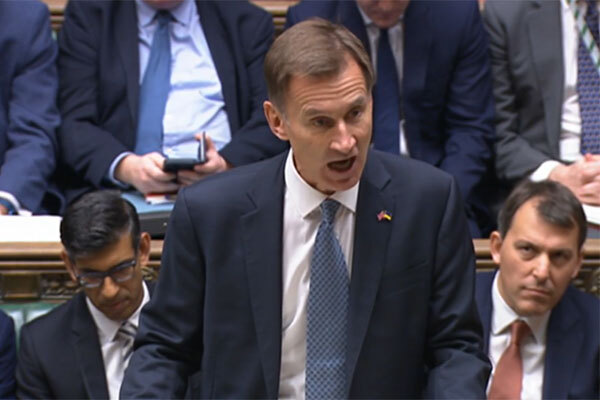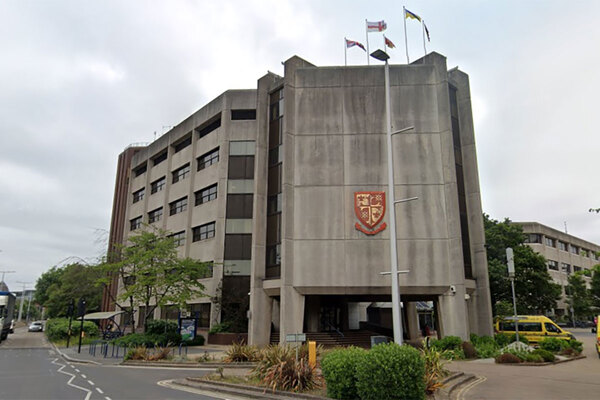Local Housing Allowance cash levels to be frozen for third year in a row
The government is set to freeze Local Housing Allowance (LHA) at current cash levels despite pledging to increase benefits in line with inflation, Treasury documents have revealed.
Details included in the Autumn Statement policy costings showed the government is set to freeze LHA rates “at 2023 cash levels”, which means they will have remained frozen since the coronavirus pandemic.
The LHA is used to work out how much help people on benefits can claim for help with rent if they are renting in the private sector. Any freeze to the LHA means that those in private rental properties will receive the same level of support even if their rents rise.
The LHA is calculated at a different level for each local authority across England.
On a national level, however, the freeze, combined with a Consumer Price Index (CPI) – which hit 10.1% this month – means people relying on housing benefit could find a shortfall of up to 10% if their rents rise by the same amount.
Confirming that the LHA will be frozen, a spokesperson for the Treasury said: “The LHA was increased to the 30th percentile of market rates during the COVID pandemic and it is being kept at those levels.
“Even though people may not have increases in their Local Housing Allowance, they’ll still see increases in Universal Credit, ESA [Employment and Support Allowance], JSA [Employment and Support Allowance]. All the other benefits that they may be entitled to, we also increase the national living wage and the national minimum wage.
“So people do have that sort of cost of living support that they need help with. And then we’ve also got a massive energy support package as well, with further targeted one-off payments for particularly vulnerable groups.”
Housing professionals have warned in recent months that inadequate housing benefit is failing to protect renters from homelessness.
Homelessness charity Shelter identified the previous LHA freeze until March 2023 as a major cause of more families facing homelessness.
The charity said the LHA “covers the cheapest third of rents in just 3% of English local authorities. This is compounded by the benefit cap, which now impacts 120,000 households”.
Writing in Inside Housing, Hannah Keilloh, policy and practice officer at the Chartered Institute for Housing, said LHA rates needed to be uprated to ensure that it did not lead to more of the hardest-hit households being capped and undermine people’s ability to sustain their tenancy.
“We must continue to call on the government to restore LHA to cover at least the bottom third of local rents (30th percentile) and return to annual uprating so that support keeps up with real-term costs,” she wrote.
Sign up for our daily newsletter
Already have an account? Click here to manage your newsletters












